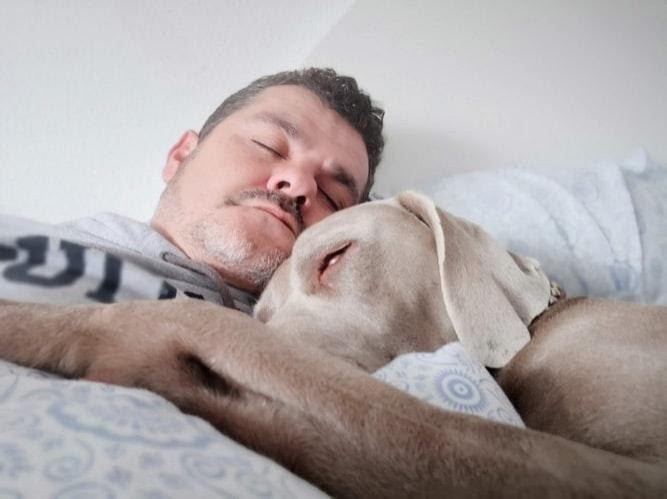
Roughly 50% of people snore at some time during their life. While more common in men, it's a familiar problem for families that increases as we age. Approximately 40% of adult men and 24% of adult women snore habitually.
With between 50 and 70 million US adults suffering from a sleep disorder, 48% of these are snorers. What causes snoring, and what's the difference between snoring and sleep apnea? It's important to know the symptoms and solutions to ensure you get a better night's sleep tonight.
Sleep Disorders and Sleep Deprivation
Studies reveal medical center nurses in particular have demonstrated a high prevalence of insufficient sleep and common sleep disorders. As a health necessity, adults should sleep at least seven hours a night. It's frightening how many deaths are estimated to occur annually in the US. What's more, major contributors to the medical errors resulting in these are sleep deprivation and sleep disorders.
Snoring vs Sleep Apnea
While various factors affect snoring and sleep apnea, each person is different. Light snoring might not disturb your overall quality of sleep. You might not even realize it but noisier snoring could either wake you or your partner.
Snoring occurs as the air you breathe in causes your throat's back tissues to vibrate. This happens during any sleep stage, mostly when you breathe air in, and it's expelled either through your nose, mouth or both.
Your mouth's anatomy, such as a thickened or floppy soft palate could cause snoring. An elongated uvula could also narrow your airway, obstructing airflow. In the same way, enlarged tonsils or a large tongue can cause blockages.
Heavy snoring may be connected to sleep apnea, a serious sleep disorder. It's a risk factor for diabetes, heart disease, strokes and various other health issues.
According to Dr. Krueger Sleep & Sinus Clinic, snoring could be a symptom of obstructive sleep apnea, but not all snorers have sleep apnea. Obstructive sleep apnea causes a person to temporarily stop breathing while sleeping. Feeling frequently tired during the day despite sufficient sleep the previous night? Is your snoring paired with a choking or gasping sound? You may have this disorder.
Snoring Symptoms
If you experience the following, you're probably a snorer:
Daytime drowsiness
Difficulty concentrating
Dry mouth or sore, irritated throat upon waking
High blood pressure
Irregular heartbeat
Restless sleep
How Can I Stop Snoring?
If you struggle with snoring, make some of these lifestyle changes to improve your night's sleep:
Don't sleep on your back
Get sufficient sleep
Lose weight if you're obese
Raise the head of your bed
Sleep on your side
Stay away from alcohol or sedatives late at night
Stop smoking
Treat nasal congestion
Conclusion
If you're concerned about your sleep pattern or any persisting symptoms, contact a sleep medicine physician. This type of expert is trained to detect and diagnose sleep disorders to help you manage them optimally. If minimally invasive treatments are required, they can assist. There's no need to suffer if a good night's sleep is within your reach.
© 2026 HNGN, All rights reserved. Do not reproduce without permission.








